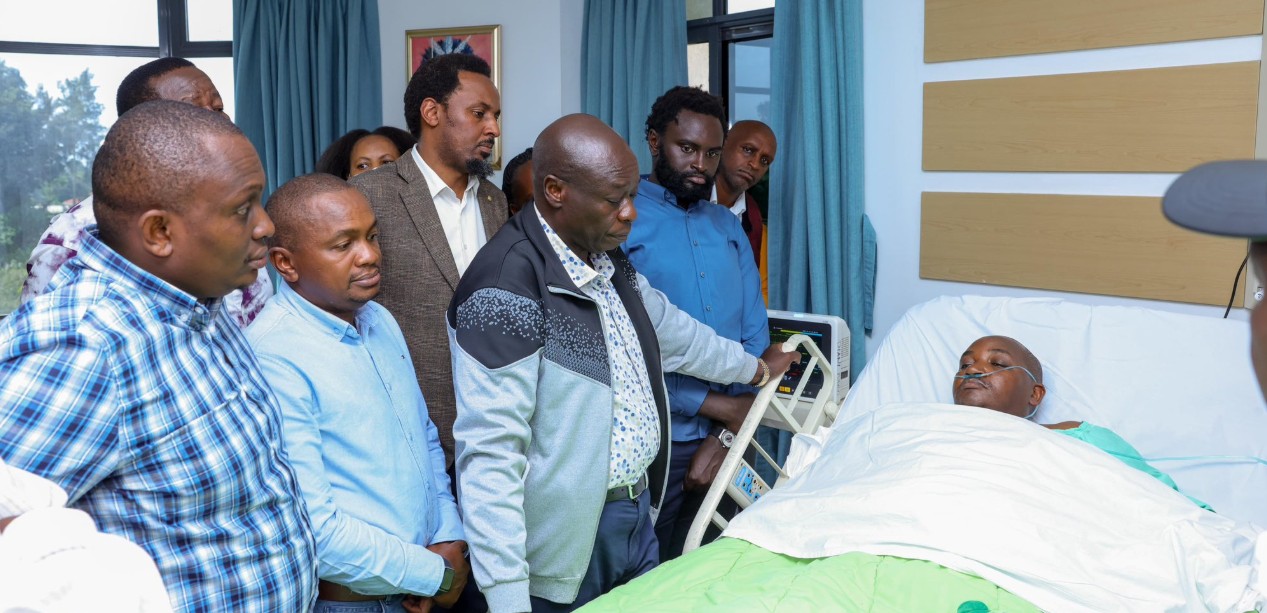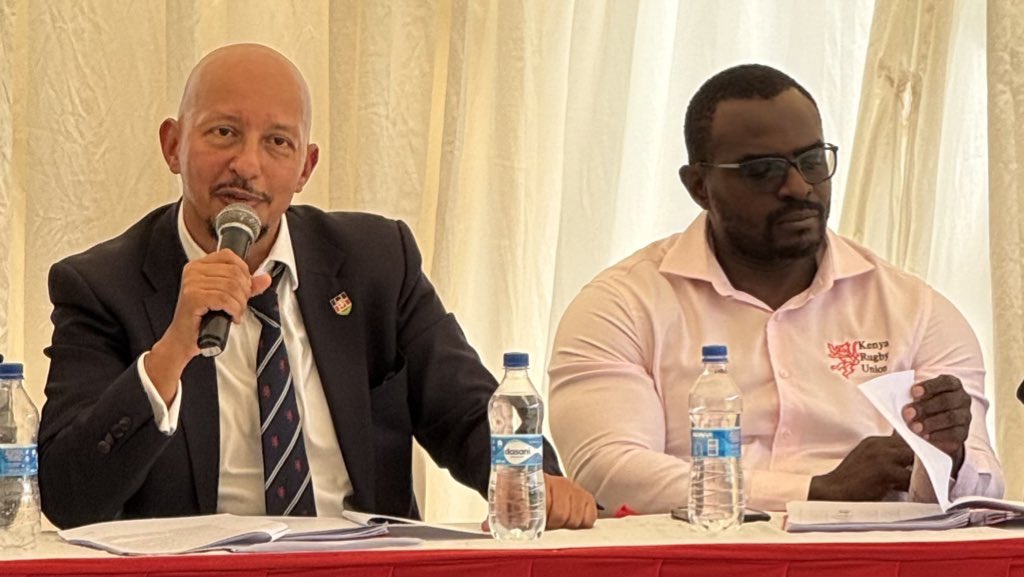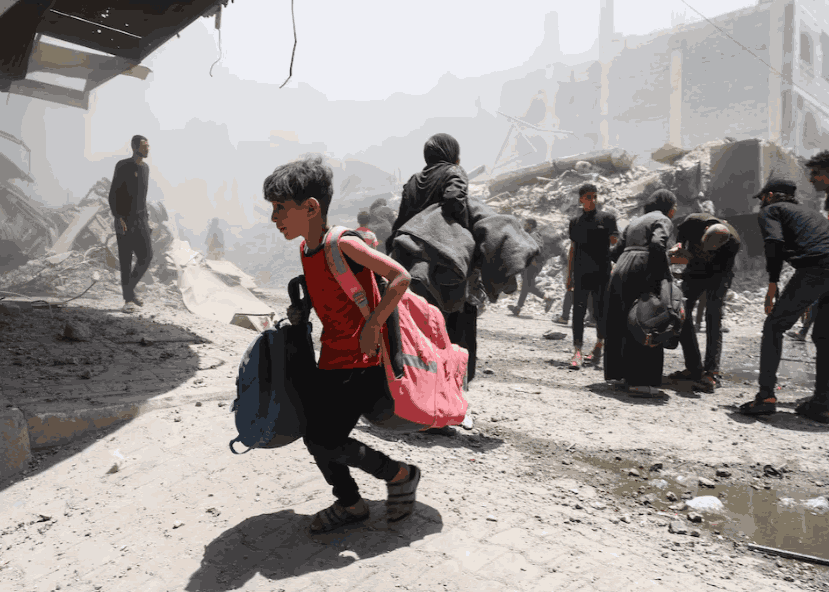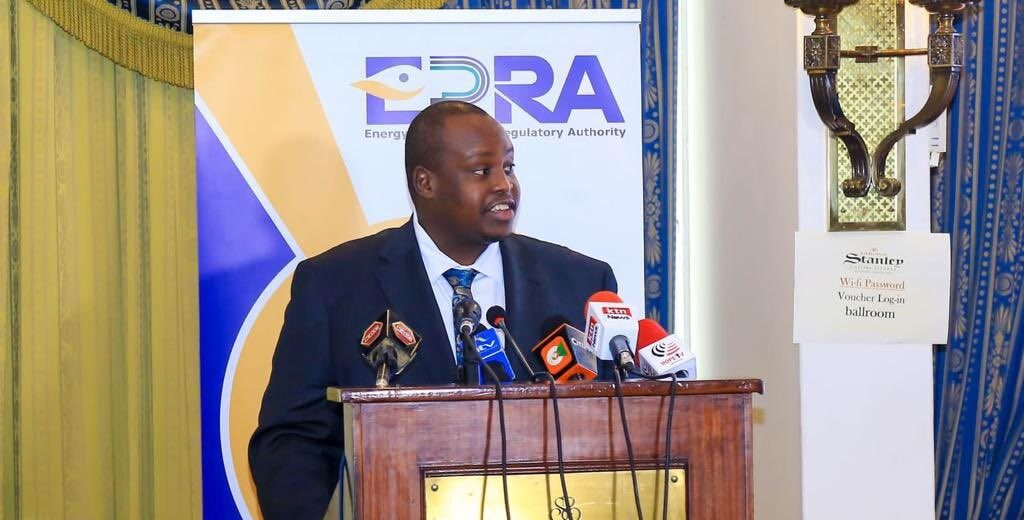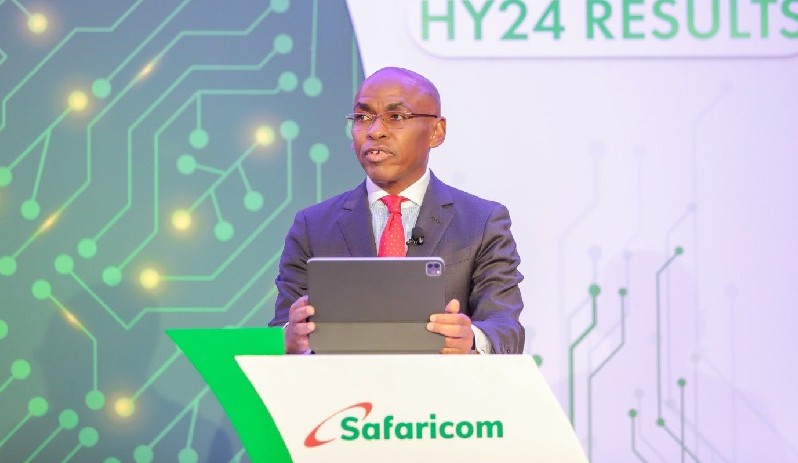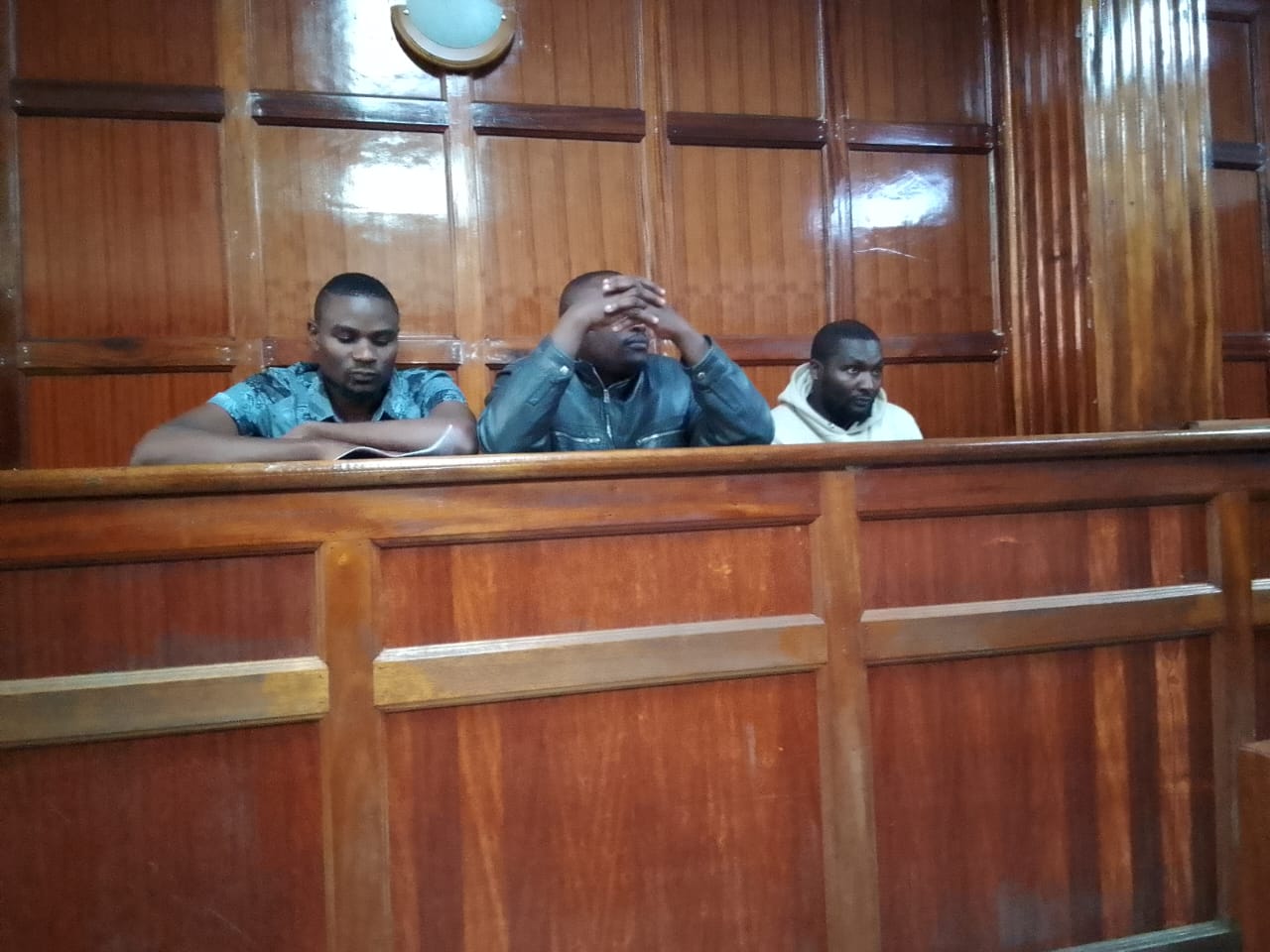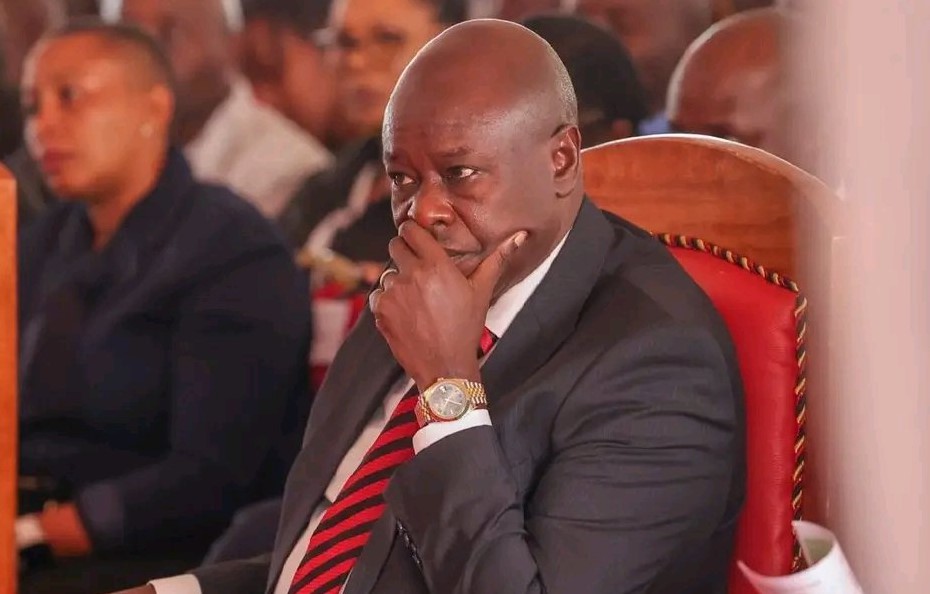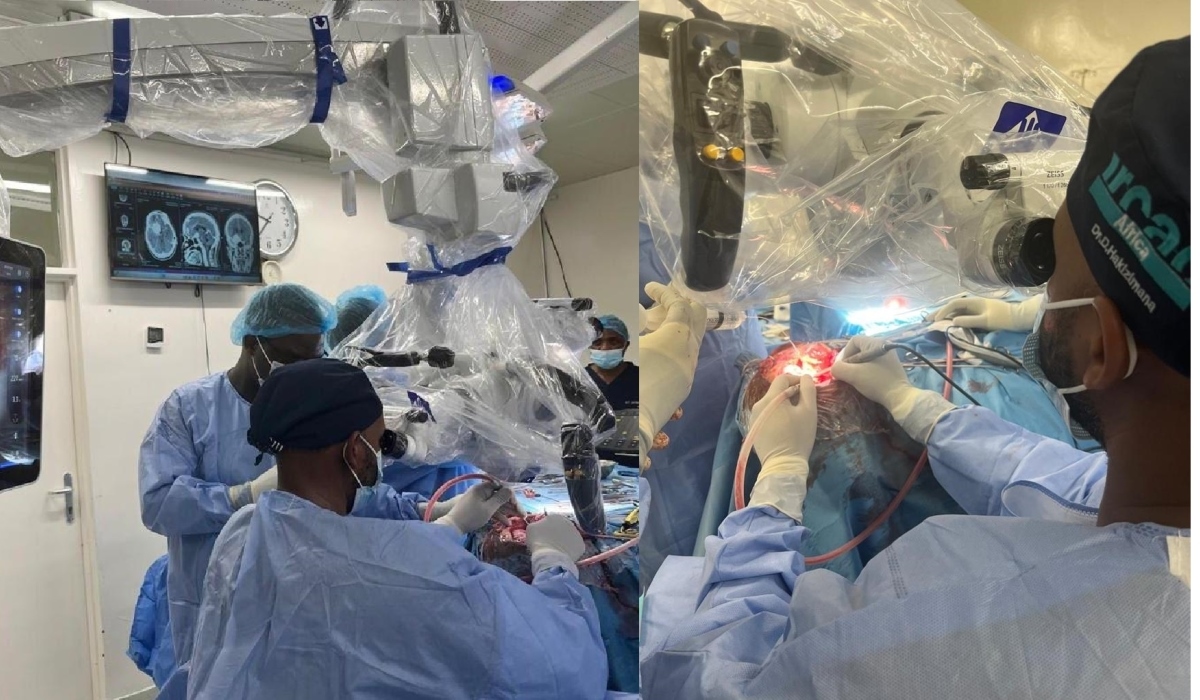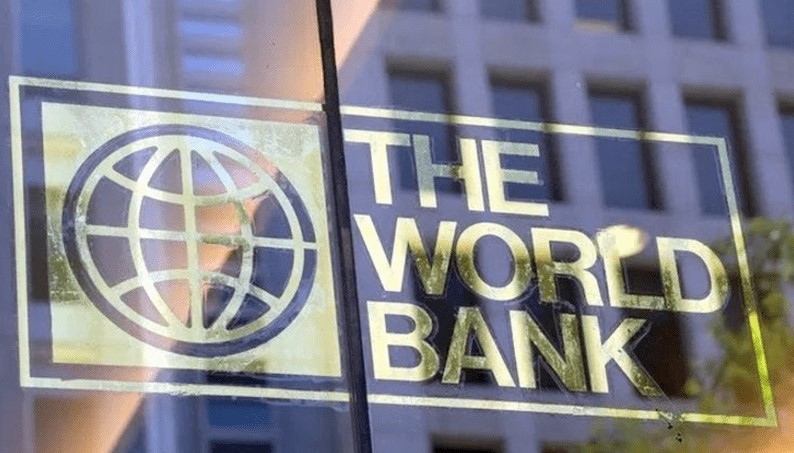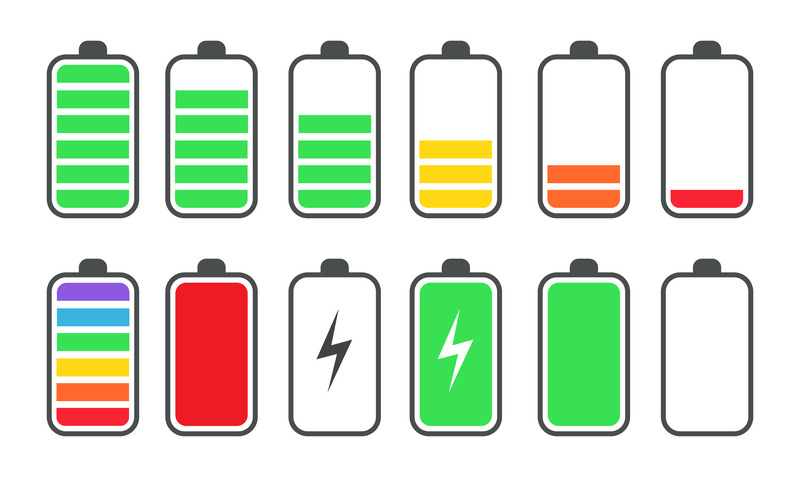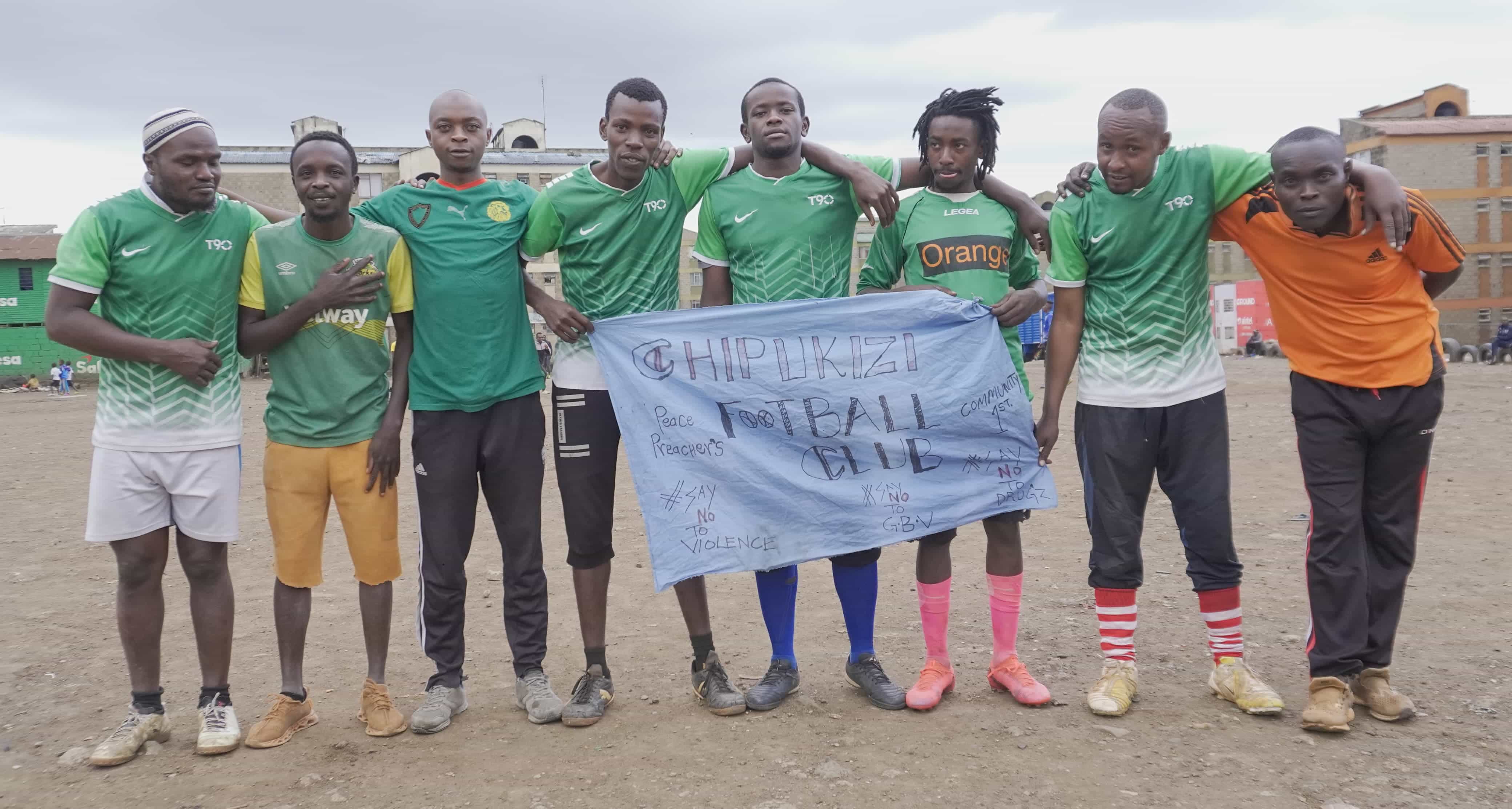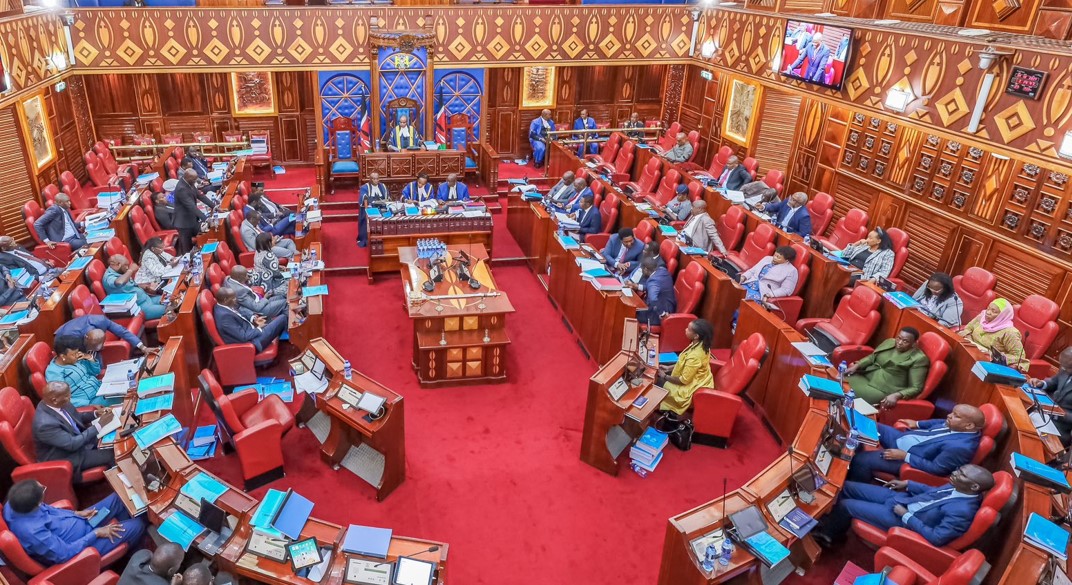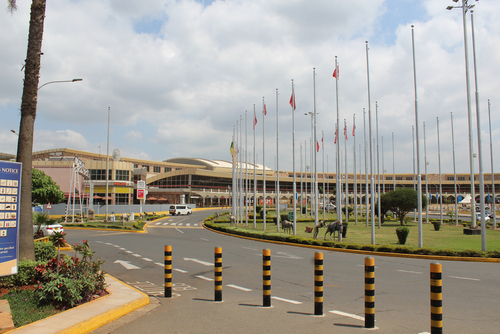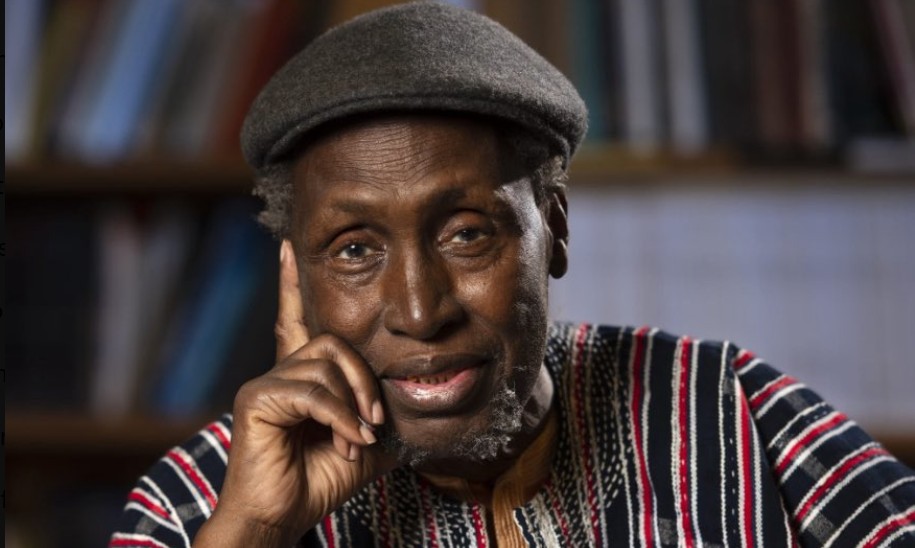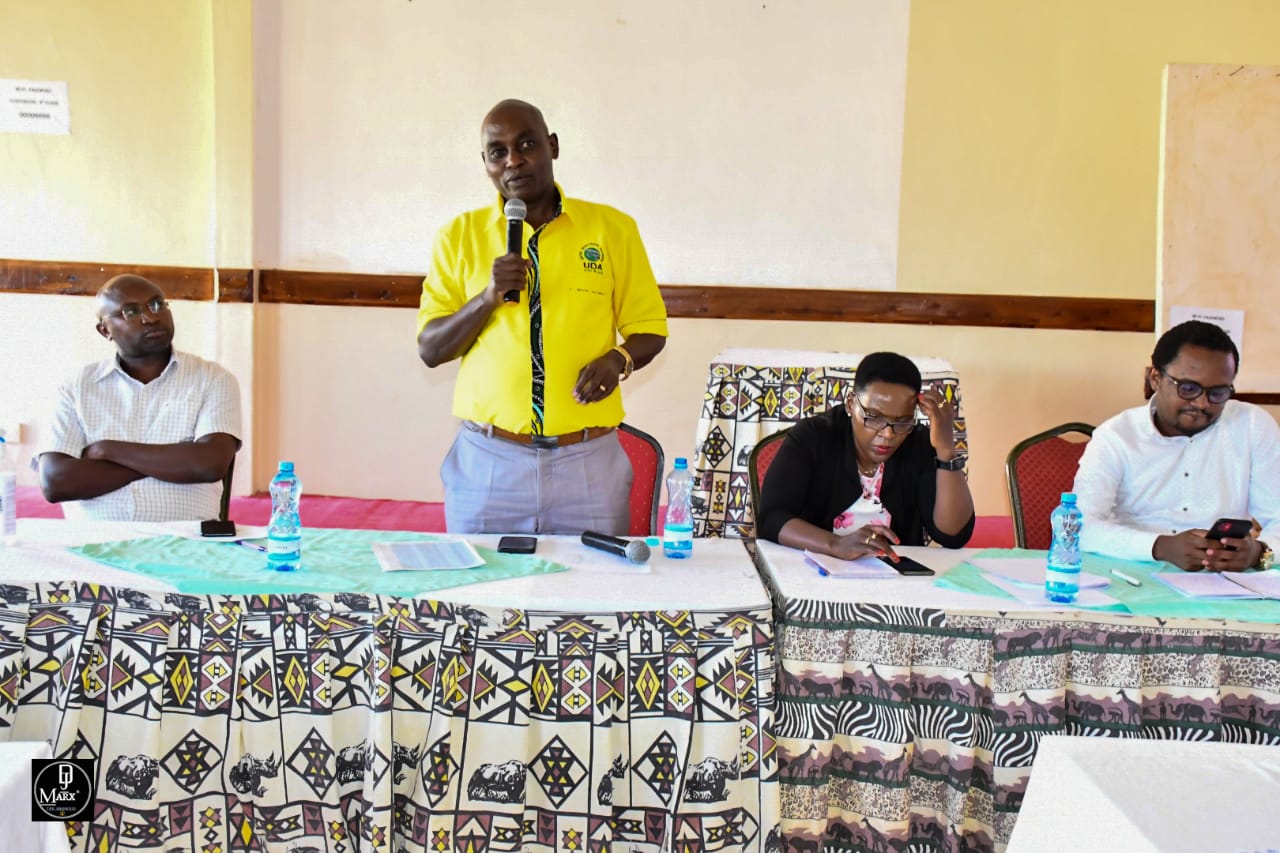DP Kindiki: I take no responsibility for police actions during June protests
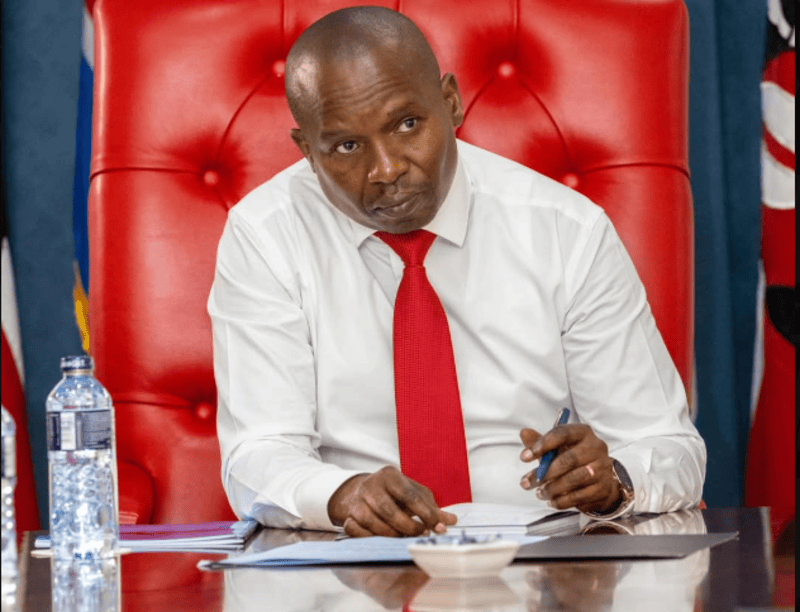
Kindiki emphasised that law enforcement's role in violent encounters is governed by the law, and he has no reason to be held accountable for the police actions.
Deputy President Kithure Kindiki has stated that he will not take responsibility for the deaths of 60 people during the anti-government protests in June.
In an interview with the media on Thursday, Kindiki emphasised that law enforcement's role in violent encounters is governed by the law, and he has no reason to be held accountable for the police actions.
More To Read
- Respect must go both ways, Kindiki tells Gen Z, elders
- Opposition leaders demand justice amid rising cases of abductions, police brutality
- DP Kindiki’s office seeks Sh625m budget boost for travel, hospitality and residence upgrades
- DP Kindiki slams political intolerance after goons storm Gachagua event
- Court orders police officers in Baby Pendo murder case not to visit crime scene
- Baby Pendo murder case: DPP drops charges against six senior police officers
"Protests were witnessed earlier this year and also in 2023, and lives were lost through various means, including police action. However, I have no reason to take responsibility for anything because the space of violence and encounters with law enforcement is clearly defined by law," Kindiki said.
Kindiki, who served as the country's Interior Minister for two years, further explained that his role was to ensure the security of the country and protect it from any threats.
"Every day, I woke up to do my work, which was to ensure that the country's security programmes were effective and to safeguard our nation from threats. Security forces are charged with ensuring this, and their work does not require my guidance," he added.
When questioned about his responsibility for police misconduct, Kindiki, a professor of law, stated that police officers are allowed to use force, including lethal force, under exceptional circumstances.
"I advise police officers to use force only within the strict parameters of the law. Should any officer exceed these boundaries, they are held accountable under the law," he said.
He, however, noted that police actions, even in the context of protests or the fight against organised crime, must always comply with constitutional guidelines.
"Any police officer who uses excessive force is held accountable. This is not the responsibility of the Interior Minister but falls under the wider scope of the law," Kindiki said.
The Deputy President also noted that the government had supported the families of victims in such circumstances, though this assistance is not always budgeted for.
"I am aware that the government has provided modest support to the families affected by such incidents. This support is given on a case-by-case basis and remains confidential. When distress occurs, we go out of our way to assist, but this support is not always budgeted for," he said.
Kindiki further addressed the complexity of compensation issues for victims, suggesting that legal frameworks for such cases, including those involving terrorist-related deaths, are still under development.
"The question of compensation is complex and requires careful guidance. The Ministry was working on the operationalisation of Section 49 of the Prevention of Terrorism Act to address such situations," he said.
Top Stories Today
